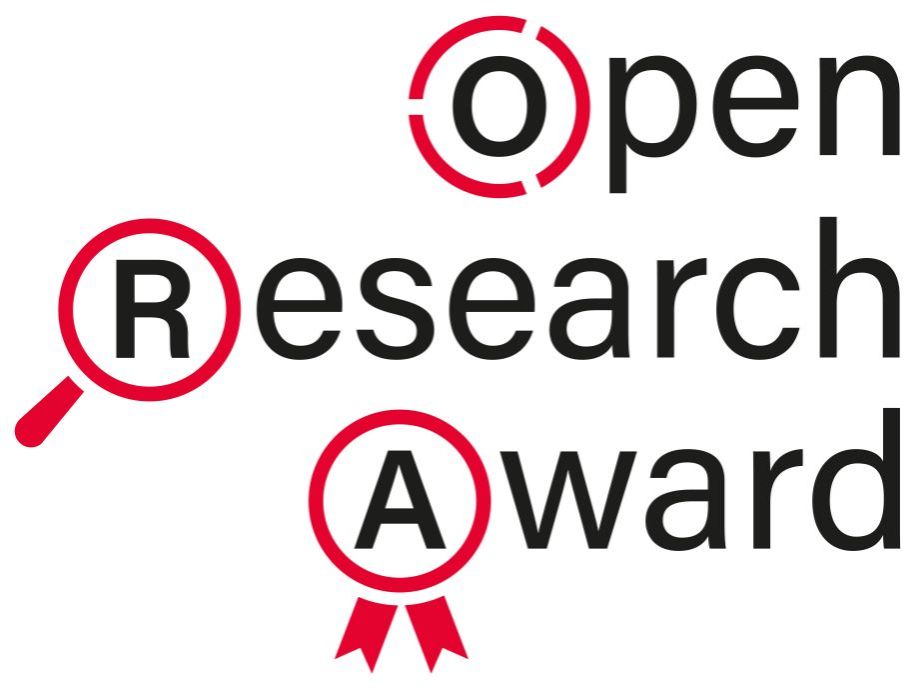Open Access Publication in the Spotlight (December) - 'Circadian Variation strongly affects Performance in Olympic Athletes'
Date:14 December 2020Author:Open Access Team
Each month, the library’s open access team puts an Open Access publication by a UG author in the spotlight. The article of November 2020 is "Gold, silver or bronze: circadian variation strongly affects performance in Olympic athletes" which was co-authored by various UG-researchers.
Recap: Celebrating Openness (22 October 2020)
Date:16 November 2020Author:Open Access Team
On the occasion of Open Access Week 2020, the University of Groningen Library (UB) and the Open Science Community Groningen (OSCG) organized the online event Celebrating Openness. Keynote speakers and UG researchers explored the benefits and challenges of opening up research. A panel discussion was dedicated to the modified lottery system as a way to assign research funding or prizes.
Open Access Publication in the Spotlight (November) - 'Facilitating Recovery of Daily Functioning in People with a severe Mental Illness...'
Date:09 November 2020Author:Open Access Team
Each month, the library’s open access team puts an Open Access publication by a UG author in the spotlight. The article of November 2020 is "Facilitating Recovery of Daily Functioning in People With a Severe Mental Illness..." which was co-authored by various UG- and UMCG-researchers.
Big ambitions – Limited resources
Date:20 October 2020Author:Daan A. Ornée
Balancing research output with open research practices in a clinical randomized controlled trial.
Now everyone can measure attention
Date:19 October 2020Author:Yvonne Groen
Everyone knows what attention is, said William James 150 years ago. But nowadays psychologists are still struggling to reliably assess attention, especially impairments of attention. The experience of attention is very personal and what is regarded normal differs strongly between people. Therefore, a large norm group is necessary to pinpoint impairments of attention.
Is it possible to publish all of our peer-reviewed articles in Open Access journals?
Date:16 October 2020Author:Katja Loos
Is it possible to publish all peer-reviewed articles of our research group in Open Access journals? Two years ago, this journey started, and we started to submit our manuscripts exclusively to journals that are cover by the VNSU Open Access agreements. As a result, we were able to publish more than 95% of our manuscripts Open Access in this time period.
Preregistration of a quantitative study using secondary data in the social sciences
Date:14 October 2020Author:Maria Wiertsema
A case study about preregistration of a quantitative study using secondary data in the social sciences.
Lifestyle and Hand Eczema - A systematic Review
Date:12 October 2020Author:Marjolein Brands
Hand eczema is a common skin disease with a one-year prevalence of up to 10% and a long-lasting negative impact on quality of life. Both endogenous and exogenous factors play a role in the pathogenesis of hand eczema.
Children and young people as coresearchers in qualitative research
Date:11 October 2020Author:Malou Luchtenberg
In the case study presented here we use a collaborative method to improve data analysis and research outcomes by engaging and involving children of the public. Several activities made the outputs of our research more (and freely) accessible for both academics (by open access publishing) and the public (through videos, an interview and poster presentation on the international iCAN conference by young people).
Preregistered main vs. alternatives analysis
Date:10 October 2020Author:Arnout Smit
We believe this ‘main versus alternatives analysis’ structure makes the results easier to interpret for readers because it provides a baseline, while still providing as much information we can to improve future analyses using similar data.












